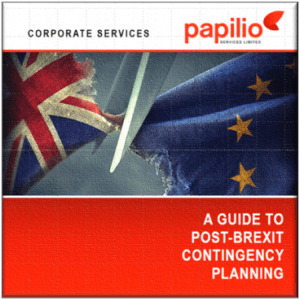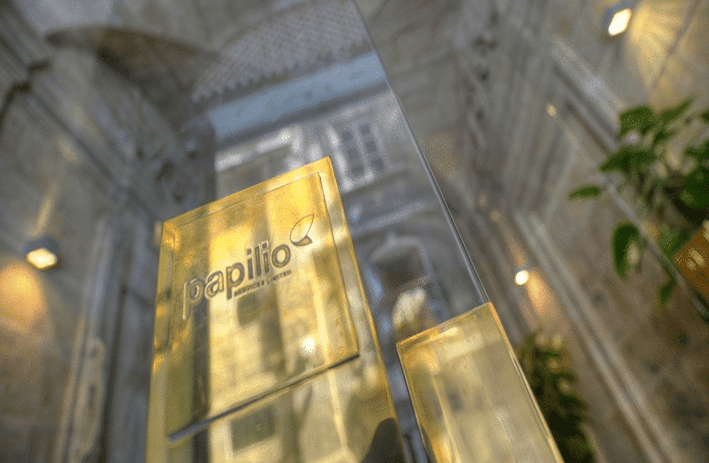WHAT’S BEEN THE REAL COST OF BREXIT?
Despite The UK’s exit from the European Union, completed on 1 January 2021, Brexit has yet to show its long-term effects on the UK economy. Research carried out by the London School of Economics using data supplied by the CBI (using a survey of UK businesses) has attempted to understand the real cost of Brexit and the UK’s departure from the European Union.
The results highlighted some issues of serious concern and indicated the pressure that UK businesses currently face to remain competitive as a result of increasing costs, tariffs and disruption.
And yet, there still appears to be no immediate solution to the problems.
POST-BREXIT FACTS
- Over 60% of UK businesses are reporting difficulties as a direct result of Brexit ranging in reduced competitiveness, rising costs, and higher prices for consumers.
- Nearly 25% of exporting firms reported that Brexit has caused sales to the EU to fall.
- 33% also stated that imports from the EU were down.
- 37% of UK businesses were reporting delays.
- 36% reported additional customs and administrative costs.
- 22% experienced higher regulatory checks.
- 16% reported they had to pay additional tariffs, despite assurances that the Trade and Co-Operation would result in no new tariffs on UK exports.
THE IMPACT ON SERVICE INDUSTRIES
The service industries have been noticeably affected as a direct result of Brexit, in particular financial services.
The first day of post-Brexit trading saw the emigration of almost €6 billion worth of share trading to new EU hubs with Amsterdam taking over as the preferred share dealing hub for EU Securities.
The Brexit deal did not cover financial market access, with EU regulators refusing to recognise the bulk of the UK’s regulatory systems as “equivalent” to its own.
EU regulators also last year withdrew the registration of six UK based credit rating agencies and four UK trade repositories, ensuring that EU companies use EU based entities for information on derivatives and securities financing trades.
ADOPTING AN ALTERNATIVE STRATEGY
The simple truth is that UK businesses need to adopt an alternative strategy to compete in the post Brexit market.
For example, quite a number of UK businesses have sought to set up in the EU to mitigate the problems and to enable the continuation of services and minimise the disruption and bureaucracy that Brexit has caused

If you’re experiencing any of the challenges that we’ve listed here why not DOWNLOAD a copy of our FREE Post-Brexit planning guide to discover the options that are available to ensure that your business stays competitive by navigating the red-tape?
CLICK HERE TO DOWNLOAD YOUR COPY
Alternatively, if you’d like to book a FREE consultation with our team please complete the form below and we’ll get in-touch with you within 24 hours.
Contact our team by emailing us on enquiries@papilioservices.com or call us directly on +356 2258 2000, or by filling out the contact form below.

















